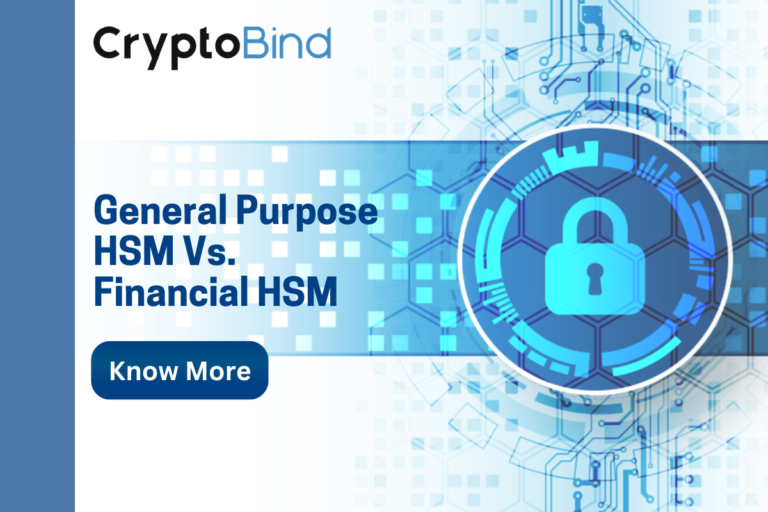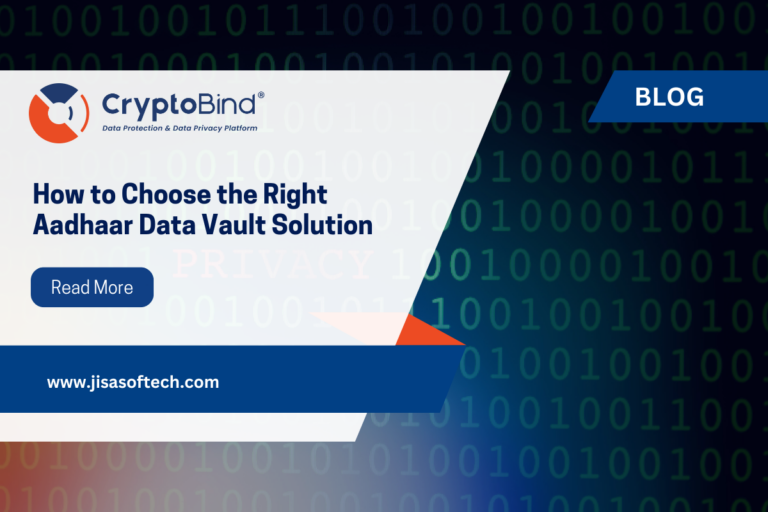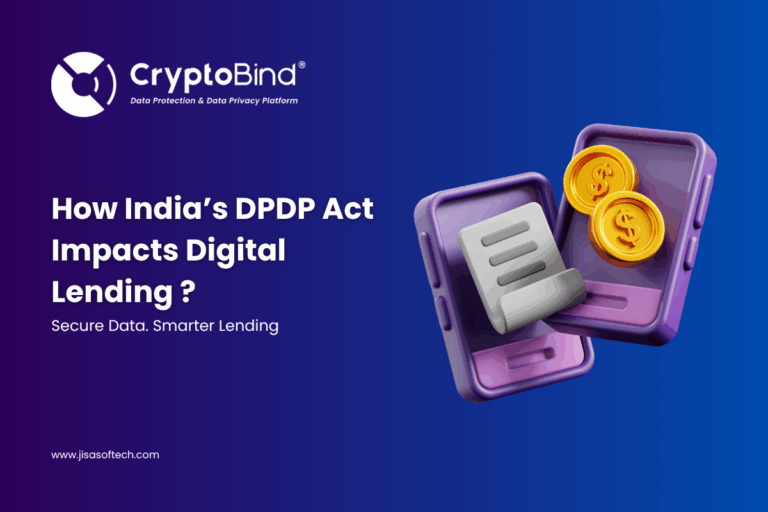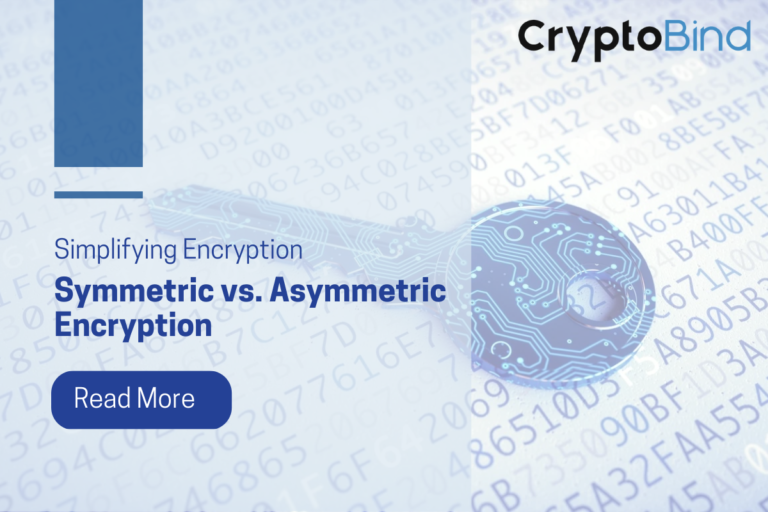The Aadhaar Data Vault: Enhancing Security and Trust in India’s Digital Ecosystem
In India’s rapidly evolving digital landscape, where Aadhaar has grown into more than just a 12-digit identification, the necessity for effective data protection measures has never been more essential. While Aadhaar has played an important role in reducing fraud and increasing financial inclusion, concerns about data leaks and identity theft have grown concurrently. In response to these issues, the Unique Identification Authority of India (UIDAI) developed the concept of Aadhaar Vault, a digital fortress designed to protect citizens” Personally Identifiable Information (PII).
The journey of Aadhaar has been paradoxical, functioning as a barrier to fraud and a vulnerability threatening citizen privacy. The digital authentication environment currently heavily relies on Aadhaar, which is linked to different areas of an individual’s life, including mobile phone numbers and bank accounts. Data breaches are unavoidable as the number of digital transactions grows. This highlights the importance of improved data privacy procedures, which led to the development of Aadhaar Data Vault.
Decoding Aadhaar Vault: A Comprehensive Solution
Aadhaar Vault is not a singular entity but a cohesive solution comprising key components:
- Tokenization Manager:
Think of it as the guardian of sensitive information. This powerful tool encrypts Aadhaar data and creates a unique “Reference Key” for each Aadhaar number. This Reference Key serves as a guide for the data, ensuring secure movement within the organization and ultimately to the Data Vault.
- Data Vault:
Consider this a highly secure storage facility. Encrypted Aadhaar numbers and their corresponding Reference Keys find protection within the Data Vault. While the Reference Key can be shared within the organization, the encrypted data is kept secure, lowering the risk of unauthorized access.
- Hardware Security Module (HSM):
The HSM is the backbone of Aadhaar Vault, responsible for generating, storing, and managing encryption keys. It ensures the seamless operation of the system, handling tasks such as key updates without causing disruptions or downtime.
How Does Aadhaar Data Vault Work?
The Aadhaar Data Vault securely stores an individual’s Aadhaar information in encrypted form. Linked to the Aadhaar Authentication Server (AUA), it is accessible through the Aadhaar number and authentication process. The data within the vault is safeguarded by a reference key, generated during enrolment.
In essence, the Aadhaar Data Vault encrypts and safeguards an individual’s Aadhaar data, allowing access through a specific reference key obtained during enrolment. This reference key facilitates the sharing of Aadhaar data with authorized entities.
Factors to Consider Regarding the Aadhaar Data Vault:
- Access to the Aadhaar Data Vault is restricted to internal systems only.
- Reference keys are stored in HSM devices.
- For security purposes, the Aadhaar Data Vault must be situated in a minimal network zone isolated from any other untrustworthy network zones.
- UIDAI mandates that Aadhaar Data Vaults employ strong encryption technology, stringent security measures, and prompt notifications in case of suspicious entry attempts.
- If the Aadhaar Number is not stored in these databases, demographic information or a photo may be retained in separate systems, such as a customer database system.
- Reference keys should not be shared with NPCI or UIDAI servers, as they are specific to an agency or organization.
- The Aadhaar Data Vault is the sole authorized system for concealing the Aadhaar Number.
- The Aadhaar Data Vault must implement a robust method for securely updating and removing Aadhaar Numbers.
How our Aadhaar Data Vault Solution Can Help You Secure Your Data?
To implement Aadhaar Data Vault in an organization, CryptoBind Aadhaar Data Vault solution is the complete software package required. The Aadhaar Data Vault solution, created by JISA in response to the challenges and taking into account the security guidelines addressed by UIDAI, will make it simple for AUA/KUA/Sub AUA or any other authority for specific purposes under the Aadhaar Act to implement an encrypted Aadhaar Data Vault for the safe storage of Aadhaar number and eKYC data. It exhibits a SOAP/REST API for directly and securely storing Aadhaar numbers and connected Aadhaar data in an Aadhaar Data Vault under UIDAI managed encryption. The package supports database encryption for data protection with HSM integration.
In conclusion, the Aadhaar Data Vault provides individuals with a secure storage solution to save and share their Aadhaar data with authorized organizations. This system brings numerous benefits, including protection against fraud and identity theft, easy access to Aadhaar information, and the elimination of the need to carry physical Aadhaar cards. To maintain security, individuals must safeguard their reference key and share their Aadhaar data exclusively with entities authorized to access it. The primary goal of the Aadhaar Data Vault is to safeguard individuals’ Aadhaar data from unauthorized access, ensuring that only authorized entities can retrieve it, thereby fulfilling its intended purpose.
Contact us:
Sales@jisasoftech.com
+91-9619222553







